Results
-
 £12.50
£12.50Secret Prayer (Brass Band - Score only) - Leidzen, Erik
An interesting and varied treatment of the old chorus 'O the voice to me so dear, breathing gently on my ear! Needy soul, look up and see, 'Tis the Saviour speaks to thee'.
Estimated dispatch 7-14 working days
-
£33.00
Queen Isabel's Prayer - Harper, P
Winner of 'Best new arrangement/composition' at Brass in Concert 2023
In Stock: Estimated dispatch 1-3 working days
-
£60.00
Travelin' Prayer - Joel, B - Harper, P
Featuring seven soloists (two cornets, flugel, horn, baritone, trombone and euphonium) this showstopper is in the style of a wild bluegrass hoe-down, as used by Cory Band in its 2024 winning Brass in Concert programmeChampionshipClick to Listen
In Stock: Estimated dispatch 1-3 working days
-
£30.00
Travelin' Prayer (Score) - Joel, B - Harper, P
Featuring seven soloists (two cornets, flugel, horn, baritone, trombone and euphonium) this showstopper is in the style of a wild bluegrass hoe-down, as used by Cory Band in its 2024 winning Brass in Concert programmeChampionshipClick to Listen
In Stock: Estimated dispatch 1-3 working days
-
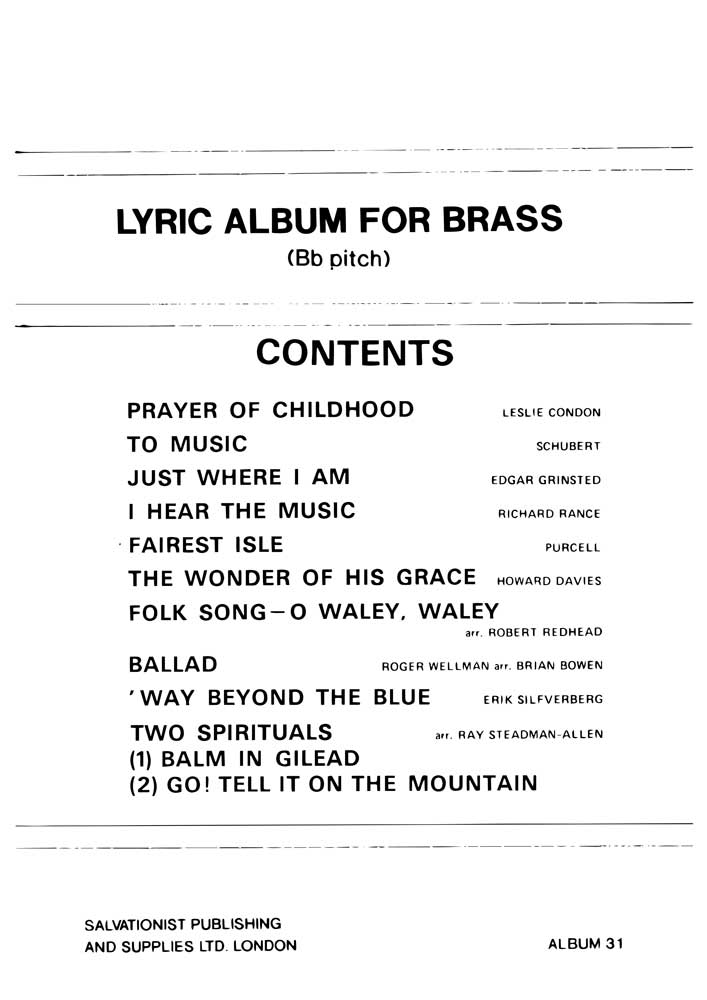 £14.95
£14.95Instrumental Album No.31 - Lyric Album for Brass
Includes: Prayer of Childhood; To Music; Just where I am; I hear the music; Fairest Isle; The wonder of his grace; Folk song - O waley, waley; Ballad; Way beyond the blue; Two Spirituals (1) Balm in gilead (2) Go! Tell it on the mountainInstrumentation: Bb Instruments with Piano Accompaniment
Estimated dispatch 7-14 working days
-
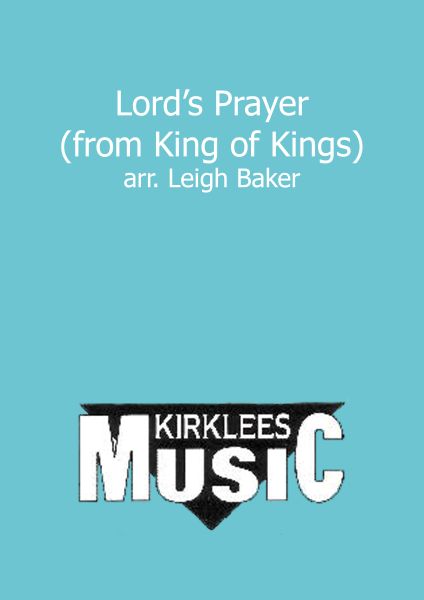 £30.00
£30.00Lord's Prayer (from King of Kings)
Estimated dispatch 7-14 working days
-
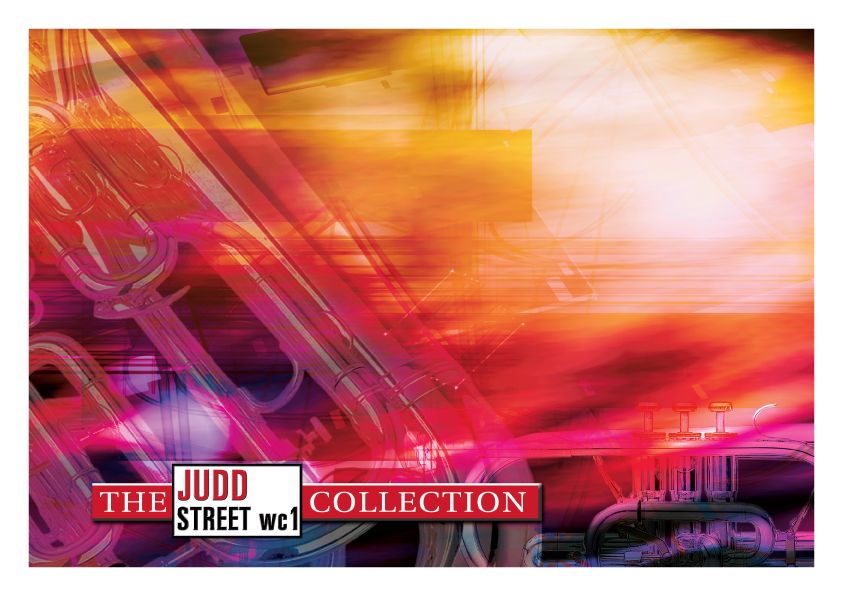 £24.95
£24.95Judd: The Pilgrim's Prayer
Estimated dispatch 7-14 working days
-
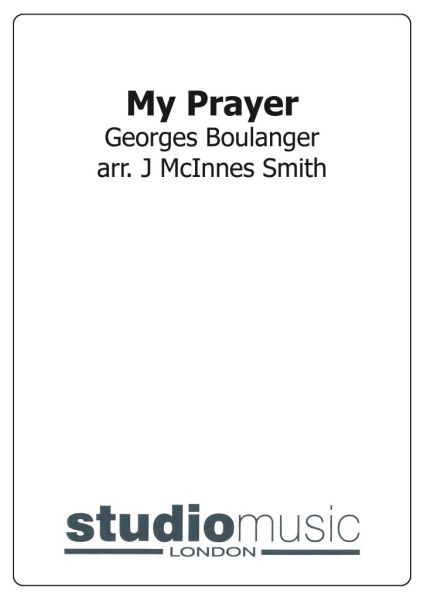 £24.95
£24.95My Prayer
This set is march card sizedFounded on the famous melody Avant de Mourir
Estimated dispatch 7-14 working days
-
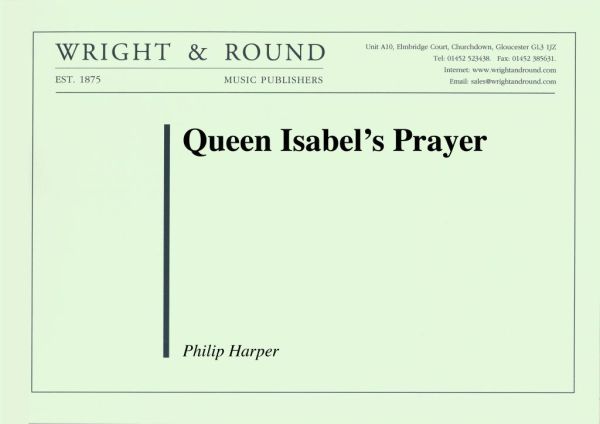 £33.00
£33.00Queen Isabel's Prayer (Score and Parts)
Estimated dispatch 7-14 working days
-
£30.00
LORD'S PRAYER from King of Kings - arr L.Baker
In Stock: Estimated dispatch 3-5 working days
